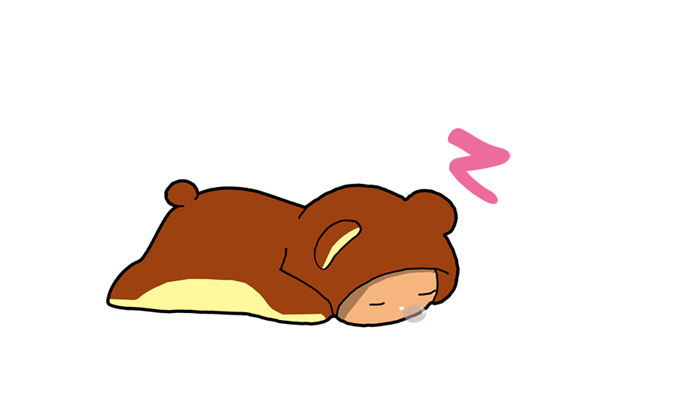nesoda personu par noteikumu parkapumu
pieradijumi https://prnt.sc/26esvgj lieks posts
https://prnt.sc/26esvqt sokur soreiz rakstiju pm un ignors atkal
otra sudziba jau pa vienu dienu kuziti, sargi dirsu
The popular image of the question ‘what is the meaning of life?’ within contemporary secular culture is a comic one. The comedy is tinged with embarrassment and disdain, and from Monty Python to Douglas Adams, has traded on the supposedly hopeless obscurity of the question. This is a product of a wider cultural phenomenon in which terms such as ‘deep’ and ‘profound’ are increasingly sneered at – even by philosophers – except when applied to the achievements of science, since science has come to dominate our intellectual aspirations. The question of the meaning of life, however, is closely associated with religion, which has often been at odds with science. And another reason for its bad reputation is that there are pathological connotations to obsessing over it. According to clinical psychologist Raymond Bergner, worrying about the meaning of life is a ‘relatively common’ problem for people, which arises as ‘part of a broader clinical syndrome, such as depression, alcoholism, posttraumatic stress disorder, or obsessive-compulsive personality disorder’. To treat it, he recommends promoting new patterns of behaviour, while discouraging clients from seeking an intellectual solution. 1 Against this backdrop, it is hardly surprising that the question has been shunned, since it seems as ‘deep’ and ‘profound’, but also as thoroughly non-scientific, as any question could be. And the defensive strategy that has been developed is to laugh at it; which always works well when dealing with something that has touched a nerve. We are invited to laugh on the grounds that the question is hopelessly obscure. For if nobody really knows what it means, there is no need to take it seriously; it can safely be left to those silly philosophers to pontificate over endlessly and pointlessly. However most philosophers do not bother with it these days either, and it was philosophy that supplied the intellectual ammunition for dismissing the question as obscure, uninteresting or just plain unanswerable; for even the philosophical profession has not been immune from this anti-philosophical cultural trend. 2 A conspicuous tragicomic element of the trend, in fact, has been the phenomenon of philosophers turning against philosophy; a dominant theme within the profession since the nineteenth century, with some of its most influential figures showing little or no reticence about this – on the face of it – absurd agenda. 3 However the question is as serious as your life and its intention is anything but obscure; though the form it has acquired has potential to mislead, which some have willingly latched onto. For asking ‘what is the meaning of life?’ leads immediately to a question everyone understands, namely ‘why do human beings exist?’ These questions are distinct because the former presupposes there is a reason we exist, in order to consequently ask what ‘meaning’ – in the sense of value – this reason provides to human life. But before you can begin to ask this philosophically , you must first ask whether there is any reason we are here at all; which is why the question ‘what is the meaning of life?’ leaves space for ‘there isn’t one’ as an appropriate response. Philosophy in a Meaningless Life this – and thereby forget that aspect of the question’s significance which has accounted for its longevity – then it is transformed into either a theological question concerning which particular meaning God has invested in life, or else the distinct question of what we value about our lives, to which innumerable, comparatively more anodyne answers are possible: loving relationships, the pursuit of knowledge . . . many things seem clearly valuable in this mundane sense. But the sense intended by the traditional question makes essential reference to the reason human beings exist; otherwise it would never have gained its reputation as one of the ‘great imponderables’
Brīdināts. (c) Kuz9
Tessa&Hardin, Kiwi :], ༄ˡᵛ᭄✿ᴋᴀᴡᴀɪɪ࿐, Zane, Minnia, Enemijs, KrievuJakudza, Deebosantana, duum, Churix, Almighty., Pilots, Maruzha, HSkill, Wolfyy, MA1M, chubs, masieris, tenblunt, ~Evils~, Kizit, eKs., Capture, Agneshuks, 575, 𝙿𝚒𝚠𝚛𝚒𝚡, ★ToughEnough★, Nurmachimaevmakachev, Kikii., JērsA, Kriksons, siirups, Pickle Laura, Minimi, FG^xXx, SM_97823, santiz, Jazeps Vitols, Hvz, Piziks, Spridzeklis, dandijs, sсhoKKur-, cruelcin, MENDIJA, naturals, Unicorn, baltimors, ZnT, Obijs, pigmi




![Lieldienu rieksts - Piedalījās un iekļuva top 10 "Lieldienas [2024]" konkursā](https://www.kick.lv/uploads/awards/1712332630.png)






![Janvāra nominācijas [2020] - Švakulis, Komentētājs](https://www.kick.lv/uploads/awards/1581678182.jpg)

![Novembra nominācijas [2019] - Komentētājs](https://www.kick.lv/uploads/awards/1576537766.jpg)
![Jūlija nominācijas [2019] - Progresētājs](https://www.kick.lv/uploads/awards/1565791762.jpg)




![Top 10 - Maijā [2019] ieguva astoto vietu CSDM statos.](https://www.kick.lv/uploads/awards/1520076651.jpg)









